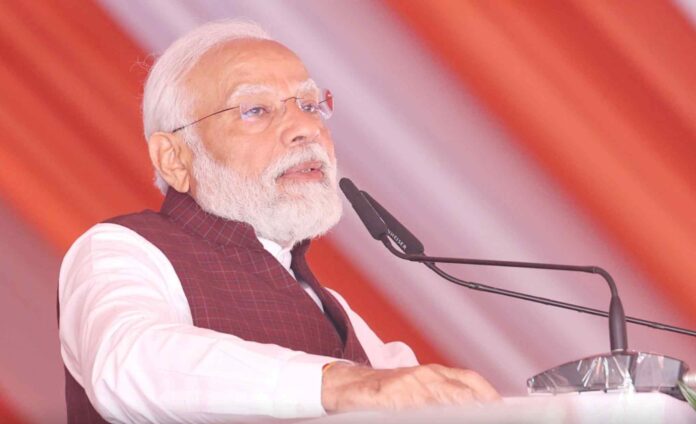- The Citizenship Amendment Act (CAA) grants citizenship to certain migrants from Afghanistan, Bangladesh, and Pakistan who arrived in India before December 31, 2014.
- Applications for citizenship under CAA are done online through the Indian Citizenship Online portal, requiring specific documents for verification.
- Despite protests and opposition in some states, the government assures that CAA doesn’t affect the rights of Indian citizens and excludes certain regions to protect indigenous populations.
The Indian government just said they’re starting this new rule called the Citizenship Amendment Act, or CAA. It’s a law that gives citizenship to certain people who came to India from Afghanistan, Bangladesh, and Pakistan before December 31, 2014. These people should be Hindu, Sikh, Buddhist, Jain, Parsi, or Christian.
To apply for citizenship under this new law, you have to do it online. There’s this website called Indian Citizenship Online where you can apply. Here’s how:
- Go to the Indian Citizenship Online website and click on “Click To Submit Application For Indian Citizenship under CAA 2019”.
- Put in your phone number and the CAPTCHA code and go to the next page.
- On the next page, put in your email, name, and the CAPTCHA code.
- Click on the submit button.
- Check your email and phone for a code called OTP (One Time Password). Put in the OTPs and confirm them.
- Put in the CAPTCHA code again to make sure you’re not a robot.
- Now, log in using your email or phone number and the CAPTCHA code. Click on “Continue.”
- You’ll get another OTP on your phone. Put it in and confirm the CAPTCHA code again. Click on “Verify and Proceed.”
- Once everything’s checked, you’ll see the option to start a new application.
- Answer questions about where you lived before 2014, where you’re from, and how long you’ve been in India.
After you apply online, a committee in your district will check if your application is okay. They’ll look at your documents and then make sure everything’s fine.
Once they’re sure, they’ll make you swear an oath to become a citizen. Then they’ll send all the papers to another committee called the Empowered Committee.
If you miss it even after they give you chances, the district committee might send your application to the Empowered Committee to decide if they should say no to you.
You need some documents to apply online. Like your passport, birth certificate, and other papers from Afghanistan, Bangladesh, or Pakistan to show you came here before 2014.
But what if you don’t have all these papers? Well, don’t worry. You can give any papers from those countries, even if they’re expired. Or if you have any papers from the Indian government saying you’re living here, that’s okay too.
Some states, like West Bengal, Kerala, Punjab, Rajasthan, Chhattisgarh, and Bihar, don’t like this new law.
They said no to it before. When the CAA started, lots of people protested because they were worried about some people being left out and also because they thought it was making migrants more legal.
But the government says this law doesn’t change anything for Indian citizens. It also doesn’t change how foreigners can become Indian citizens.
This law doesn’t affect places where they have special rules, like the Sixth Schedule and the Inner Line Permit system. These special rules help protect the people who are originally from the Northeastern states.
To apply for citizenship, you need to have lived in India for 12 months without leaving and tell them where you’ve been living for the last 14 years.

